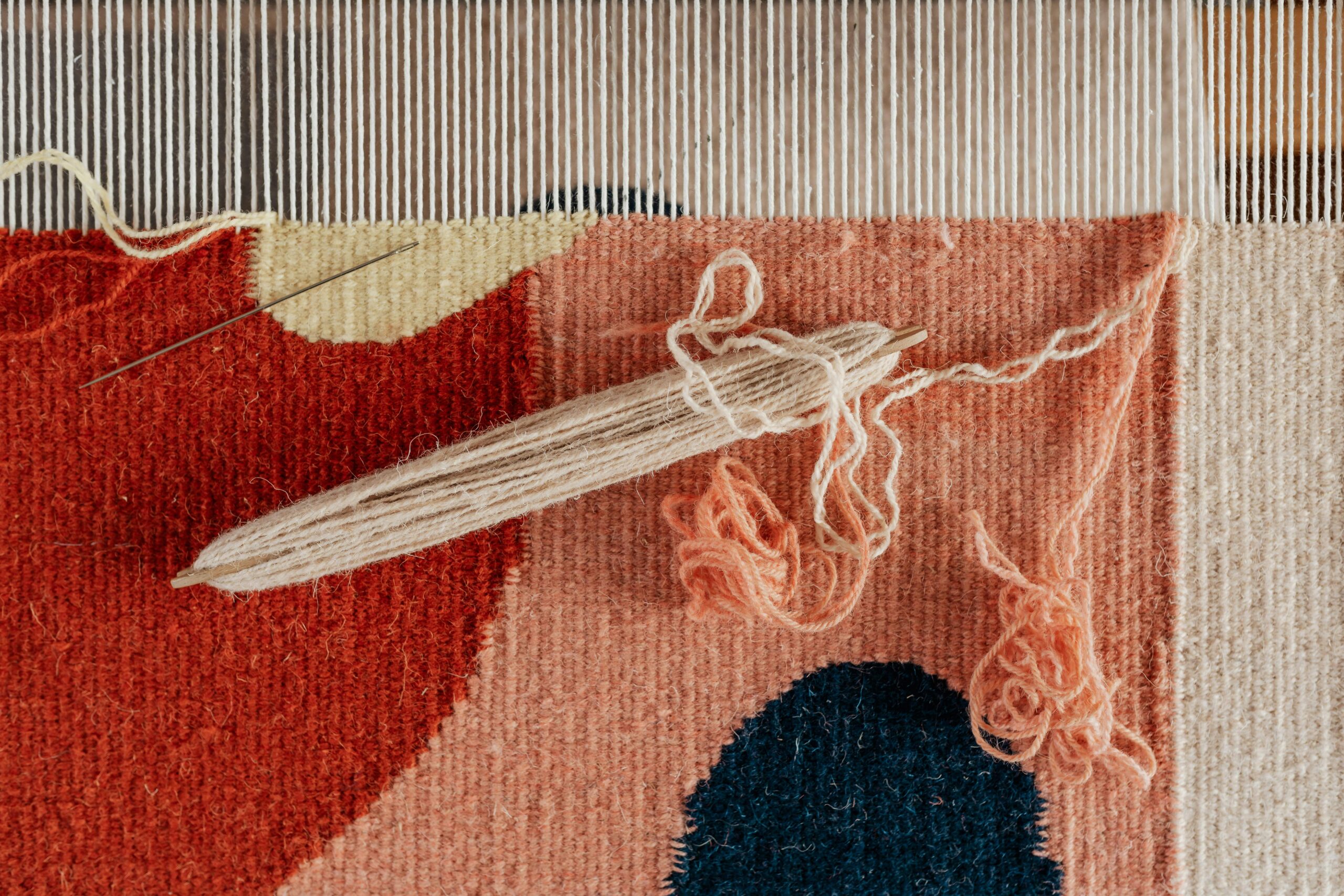
History of Mirzapur and Bhadohi Hand-Made Carpets
Welcome to Vasanāni, where tradition meets craftsmanship in the heart of Mirzapur and Bhadohi, cities renowned for their exquisite hand-made carpets. Our journey begins centuries ago, during the Mughal era, when skilled weavers from Persia brought their artistry to India, laying the foundation for what would become a globally celebrated industry.
Origins and Early Influences
The rich history of Mirzapur and Bhadohi’s carpet industry is deeply intertwined with the legacy of Persian craftsmanship. Persian artisans introduced sophisticated weaving techniques and intricate designs, which were soon embraced and adapted by local weavers. This fusion of Persian finesse and Indian creativity gave birth to the unique styles of Mirzapur and Bhadohi carpets.
Growth and Expansion in the 19th Century
By the 19th century, both Mirzapur and Bhadohi had firmly established themselves as premier centers for carpet production in India. The British colonial period marked significant growth, as the demand for Indian carpets soared both domestically and internationally. Innovations in dyeing and weaving technologies during this time enhanced the quality and durability of these carpets, further boosting their popularity.
The Modern Era: A Global Heritage
Post-independence, the Indian government recognized the economic and cultural importance of the carpet industry. Various initiatives, including the formation of cooperatives and artisan training programs, helped promote the industry on a global scale. Today, Mirzapur and Bhadohi carpets are synonymous with exceptional craftsmanship, vibrant colors, and intricate designs, admired and sought after by connoisseurs around the world.


History of Mirzapur and Bhadohi Hand-Made Carpets
Welcome to Vasanāni, where tradition meets craftsmanship in the heart of Mirzapur and Bhadohi, cities renowned for their exquisite hand-made carpets. Our journey begins centuries ago, during the Mughal era, when skilled weavers from Persia brought their artistry to India, laying the foundation for what would become a globally celebrated industry.
Economic and Social Impact
The carpet industry is more than just a source of income for the people of Mirzapur and Bhadohi; it is a way of life. Thousands of artisans, many from families who have been in the trade for generations, depend on this craft for their livelihood. Efforts by non-governmental organizations and government schemes have been instrumental in improving working conditions and ensuring fair wages, education, and healthcare for the weavers.
Facing Modern Challenges
As we take Mirzapur and Bhadohi carpets to the global market, we are committed to preserving traditional techniques and ensuring sustainable practices. Our artisans continue to use natural dyes and eco-friendly materials, maintaining the delicate balance between heritage and innovation.
Explore our collection to experience the legacy of Mirzapur and Bhadohi’s hand-made carpets, each piece a testament to the skill, passion, and dedication of our artisans. Join us in celebrating a tradition that has stood the test of time and continues to bring beauty and elegance into homes worldwide.Podcasting operational change management inside of workflows to establish a framework. Taking seamless key performance indicators offline to maximise the long tail.

